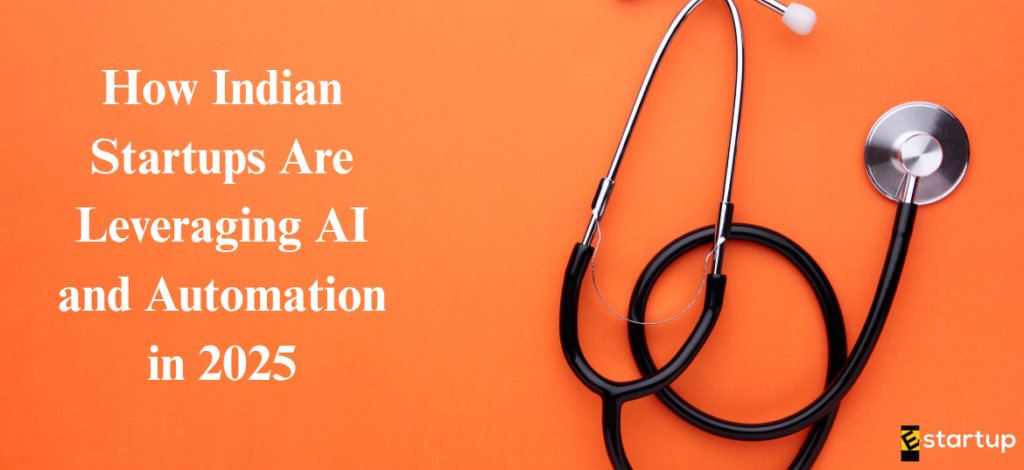How to Start a HealthTech Startup in Dubai
Dubai is fast transforming into the Middle East’s healthcare innovation centre. The city is ideal for ambitious HealthTech founders in 2025 as it moves towards smart healthcare, AI, and digital transformation. Whether you’re developing a telemedicine app, an AI-based diagnostic tool, or a remote patient monitoring solution . Dubai offers the infrastructure, funding, and regulatory clarity needed to succeed.
Why Dubai is the HealthTech Capital of the Middle East
Digital health has been a core focus of the UAE’s “We the UAE 2031” vision. As per recent market reports, the UAE digital health industry is expanding at a rate of over 25% CAGR, driven by:
- Technologically advanced population (90% smartphone penetration)
- Growth of private healthcare networks
- Deep AI and telemedicine investments
- Government-backed data protection and innovation laws
Dubai’s health ecosystem connects world-class medical facilities with smart-city platforms allowing startups to prototype and test new healthcare systems in real-life settings with global partners.
The Most Important HealthTech Opportunities in 2025
If you’re planning to enter Dubai’s HealthTech market, these are the most promising niches:
| Segment | Market Opportunity |
| Telemedicine & Virtual Clinics | Growing demand for on-demand doctor consultations, especially among expats. |
| Remote Patient Monitoring (RPM) | Ideal for managing long-term illnesses such as diabetes and hypertension. |
| AI Diagnostics | Hospitals and labs adopting predictive AI tools and imaging solutions. |
| Digital Therapeutics & Mental Health Apps | Apps targeting stress, sleep, and lifestyle disorders. |
| Health Data Platforms | Secure APIs for pharmacies, insurers, and hospitals. |
All of these segments benefit from Dubai’s digital infrastructure, supportive government policies, and tech-savvy population.
Regulatory and Licensing Framework
Before launching, it’s crucial to understand Dubai’s healthcare regulatory environment:
- Dubai Health Authority (DHA) oversees telehealth, clinics, and digital medical services.
- The Ministry of Health and Prevention (MOHAP) governs federal healthcare guidelines.
- Telehealth standards (2025 update): Licensed physicians, approved online consultations, and DHA-approved data storage are mandatory.
- UAE Personal Data Protection Law (PDPL): Ensures patient data privacy and compliance.
If your startup provides clinical services (like teleconsultations), you must obtain a DHA facility license.
For non-clinical software (like data analytics or SaaS), you can register under a commercial tech license in a Dubai free zone (DIFC, DAFZA, or Dubai Internet City).
How to Start a HealthTech Startup in Dubai
Follow this step-by-step roadmap to set up your HealthTech company:
- Select Your Business Model – Decide if you’ll offer direct patient care, clinic-based software, or B2B health data services.
- Choose a Legal Structure – Pick a mainland or free zone entity based on your operational scope.
- Seek Approvals – Get DHA or MOHAP approvals for telemedicine or clinical offerings.
- Ensure Data Protection Compliance – Align your systems with PDPL and HIPAA-like standards.
- Hire Licensed Professionals – Clinicians must hold valid DHA or MOHAP licenses.
- Pilot Your Solution – Partner with hospitals, insurers, or employers to validate your innovation.
Dubai provides a clear regulatory pathway that enables HealthTech startups to expand regionally and enter the GCC healthcare market seamlessly.
Funding and Market Access
Dubai has a vibrant venture capital ecosystem where funds such as BECO Capital, Global Ventures, and Shorooq Partners actively invest in HealthTech startups.
Founders can also benefit from:
- DIFC Innovation Hub and Dubai Future District Fund programs
- DHA Sandbox pilot projects for telemedicine
- HAI and biotech innovation accelerators at ADGM and Hub71
Dubai’s combination of investor interest and government partnerships gives startups a regional edge that few other ecosystems can match.
Challenges to Prepare For
Despite its advantages, startups should be prepared for:
- Strict compliance timelines – DHA and MOHAP licensing may take several weeks.
- Data localization mandates – Patient data typically must be stored on UAE-based servers.
- Clinical validation standards – AI-driven medical tools must be accurate and reliable.
Building early relationships with regulators and healthcare partners can help overcome these challenges smoothly.
HealthTech in Dubai: The Future is Now
Dubai’s 2025 healthcare roadmap focuses on:
- AI-driven diagnostics
- Blockchain-based medical records
- Smart hospitals and preventive healthcare
With the government pushing for AI development and digital insurance, HealthTech startups will remain highly relevant and well-funded in the coming decade.
Conclusion
Starting a HealthTech startup in Dubai in 2025 isn’t just a business move, it’s a chance to shape the future of healthcare in the Middle East.
By combining regulatory compliance, clinical validation, and data-driven innovation, your startup can confidently expand from Dubai into global markets.
Contact our business setup experts at e-startup.ae to get started!
For the latest regulations and licensing procedures, refer to the official Dubai Health Authority (DHA) website.













